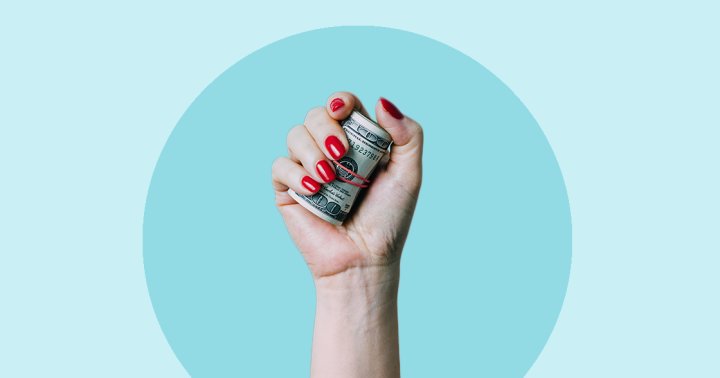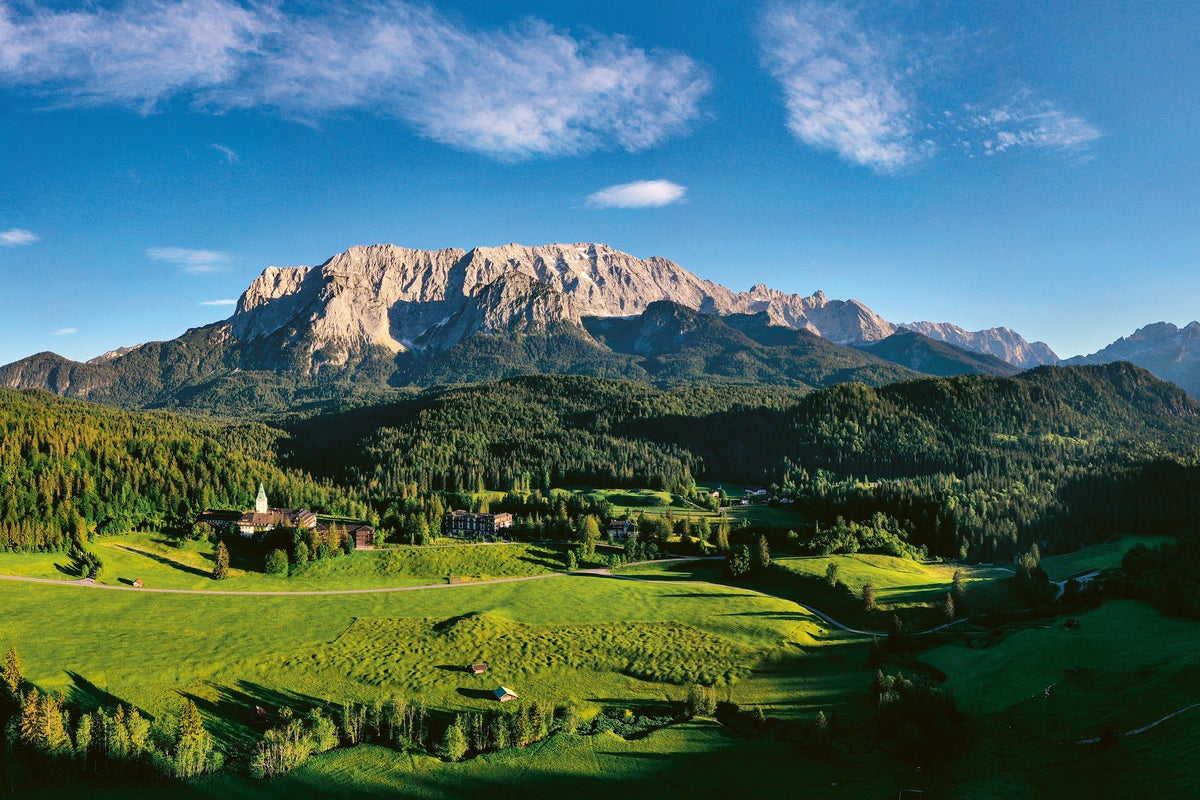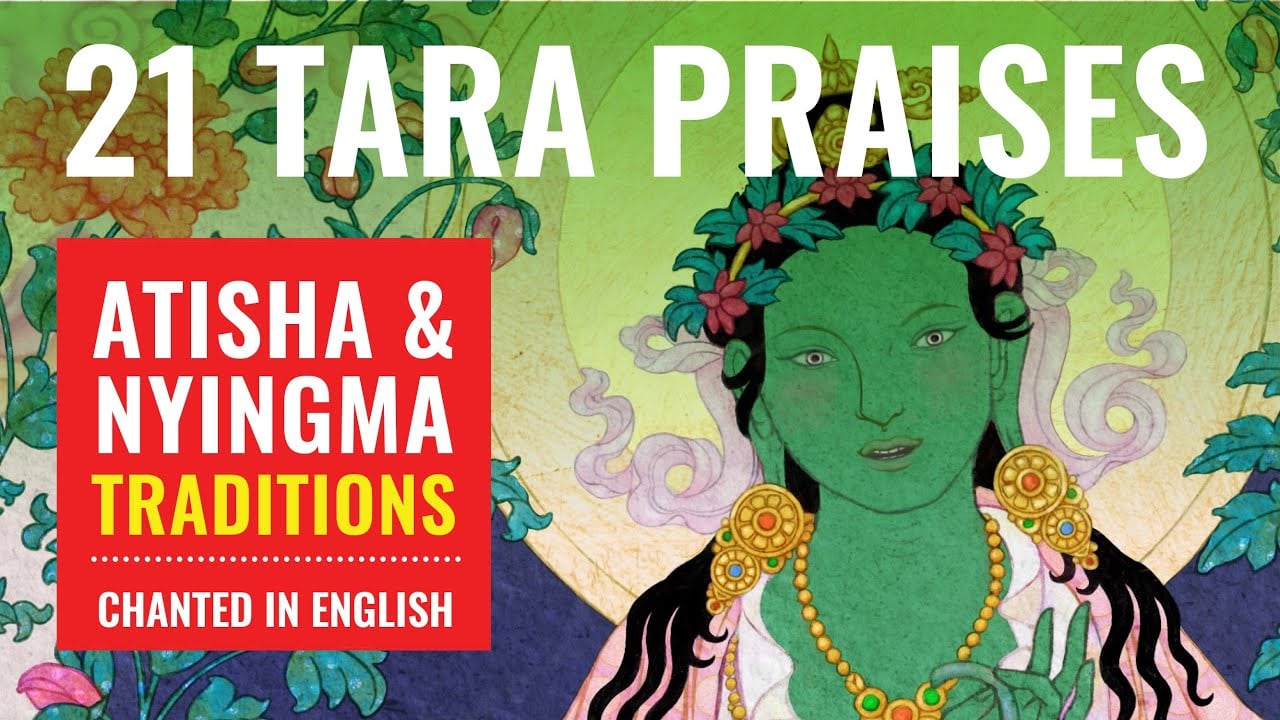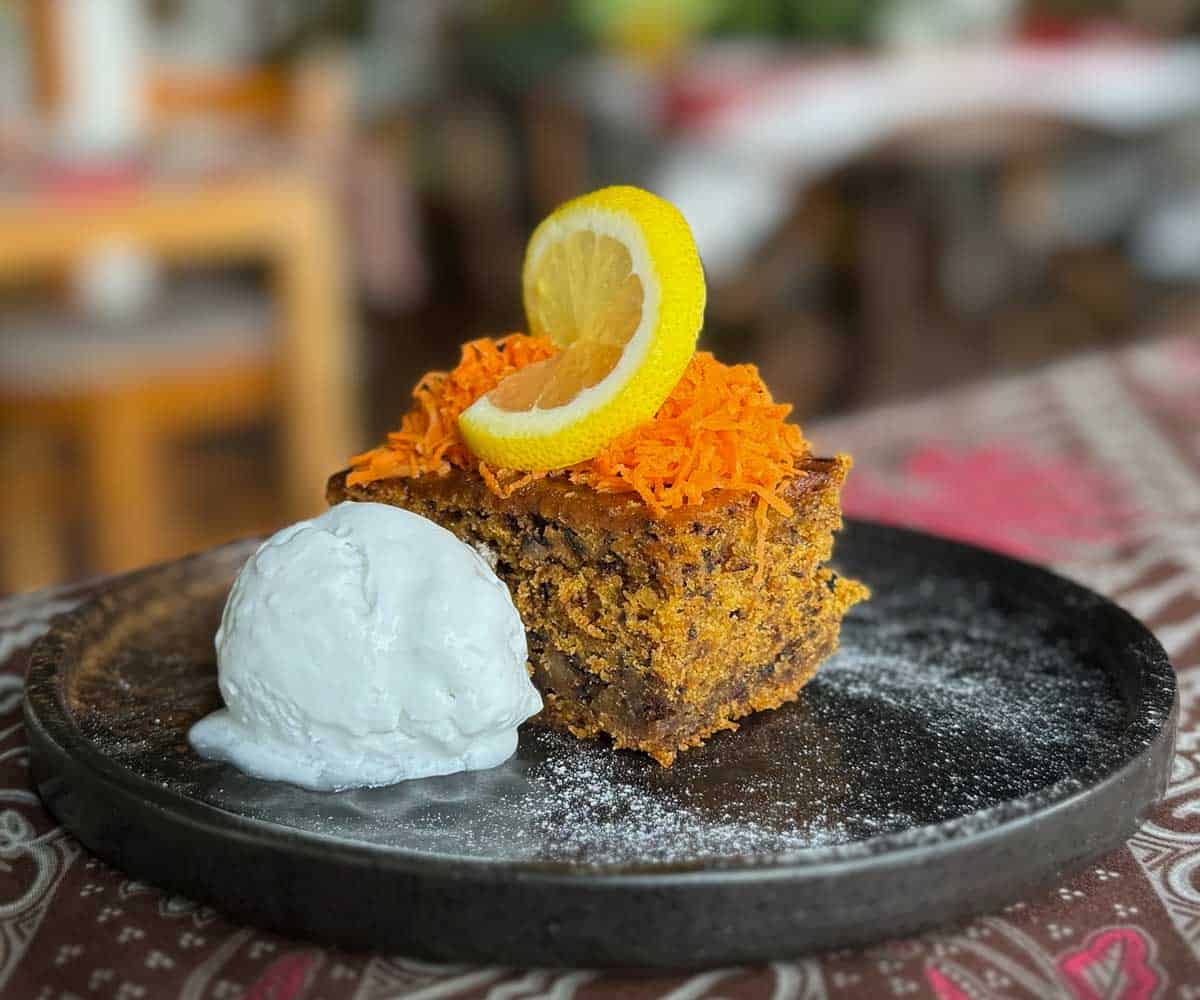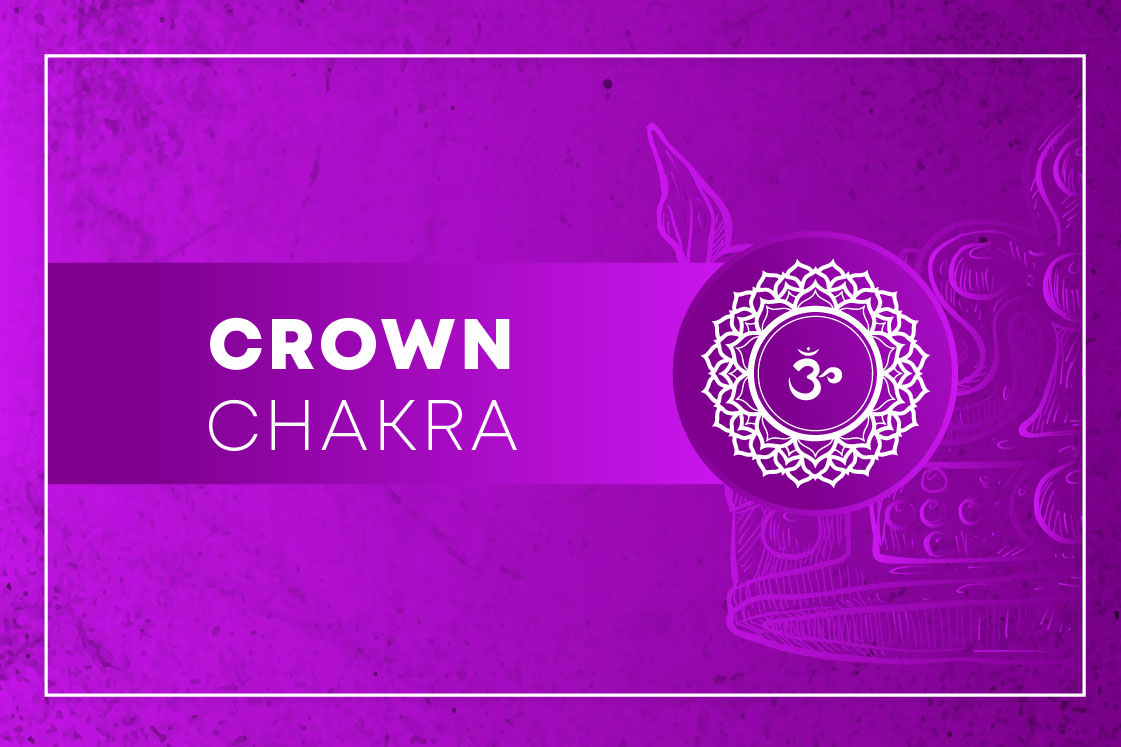Ghee Vs. Butter: Which Cooking Spread Is Actually Healthier?
The great spread debate.
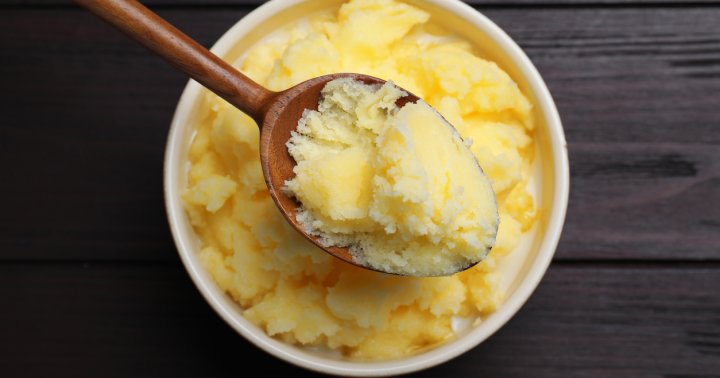
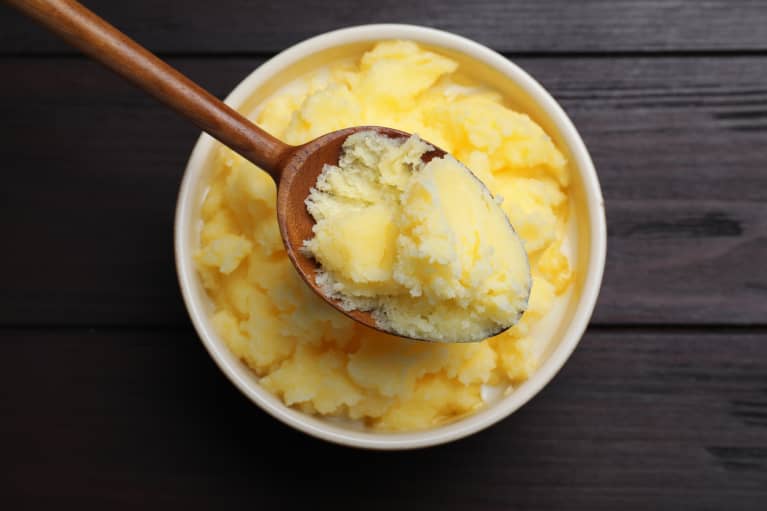
Salted butter, unsalted butter, grass-fed butter—which do you like to cook with? What about ghee? This Ayurvedic staple certainly isn't new—in fact, it's been used in therapeutic applications for millenia, touted for its digestion support, among other benefits. Recently, it's been making more appearances in the modern wellness world and Western pantries alike.
Which begs the question: When it comes to cooking, is ghee healthier than butter? To end the questions once and for all, experts break down everything you need to know about ghee and butter so you can make an educated decision the next time you head to the grocery store.
Ghee is actually an offshoot of butter (a clarified version) that is made from heating up butter and then removing any excess water to get a higher concentration of fat. “Ghee is pretty much 100% fat,” explains registered dietitian Molly Knudsen, M.S., RDN. “Butter on the other hand is only about 80% fat with water and milk solids contributing to the other 20%.”
Which is healthier: ghee or butter?
Although ghee is by nature higher in fat, it’s difficult to say for certain which is better for you in the long term. “Butter is slightly lower in calories and both saturated and unsaturated fats,” notes Ginger Hultin, RDN, registered dietitian and spokesperson for the Academy of Nutrition and Dietetics.
But even so, butter does still contain saturated fats, and at the end of the day you'll benefit from working to keep this variation of fat below 10% of your caloric intake, recommends Knudsen. “Because one tablespoon of ghee is a higher fat content to one tablespoon of butter, it does contain slightly higher amounts of the fat soluble vitamins A, E, and K,” she adds. “Ghee may also be a good choice for people who are lactose-intolerant as it contains very low levels of lactose as well as casein, a milk protein.”
Nutritional info for ghee.
According to the USDA, a tablespoon of ghee contains the following:
Nutritional info for butter.
According to the USDA, a tablespoon of salted butter contains the following:
When & how to cook with each.
There are several notable differences between ghee and butter that may help you determine the best time to cook with each. First off, ghee has a longer shelf life than butter, and Hultin explains that it can actually be stored for up to 9 months in the fridge. “Rancid ghee will have a sour smell and turn the golden hue brown. If that happens, you know it's time to throw that jar away,” adds Knudsen.
“Because ghee is 'clarified' it has a higher smoke point (485 degrees F) compared to butter (350 degrees F),” Hultin notes. Therefore, if you’re planning to cook with higher heat you may benefit from using ghee, while baking at a lower temperature is perfectly suited for butter.
Considering the taste of each can also help inform your decision: While butter generally has a lighter and creamier flavor profile, ghee has a nuttier, more earthy flavor. “Ghee is more nutty, making it ideal for combining with spices as it is so often in traditional Middle Eastern and Indian cuisines,” suggests Hultin. Ghee also has a rich history in Ayurveda, and preparing meals with this in mind can be excellent for your gut health.
If we’re getting granular and looking at the nutrition facts of each, butter comes out on top in terms of lower fat and calorie content.
Still, both butter and ghee are healthy when consumed in moderation and each have instances where they would be a better fit for your meals.
Staying aware of saturated fat within your diet is important for keeping you healthy, but from baking to creating traditional Ayurvedic dishes, both options and their unique flavors have a place within your eating habits.
Reset Your Gut
Sign up for our FREE doctor-approved gut health guide featuring shopping lists, recipes, and tips
You are now subscribed
Be on the lookout for a welcome email in your inbox!
https://www.mindbodygreen.com/articles/ghee-vs-butter

 Koichiko
Koichiko 











